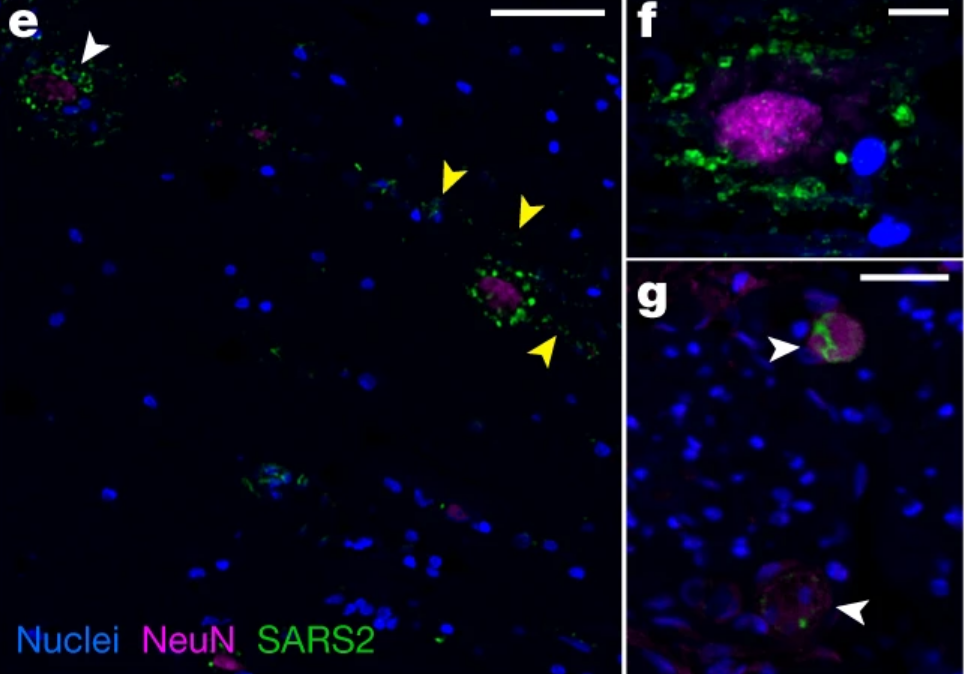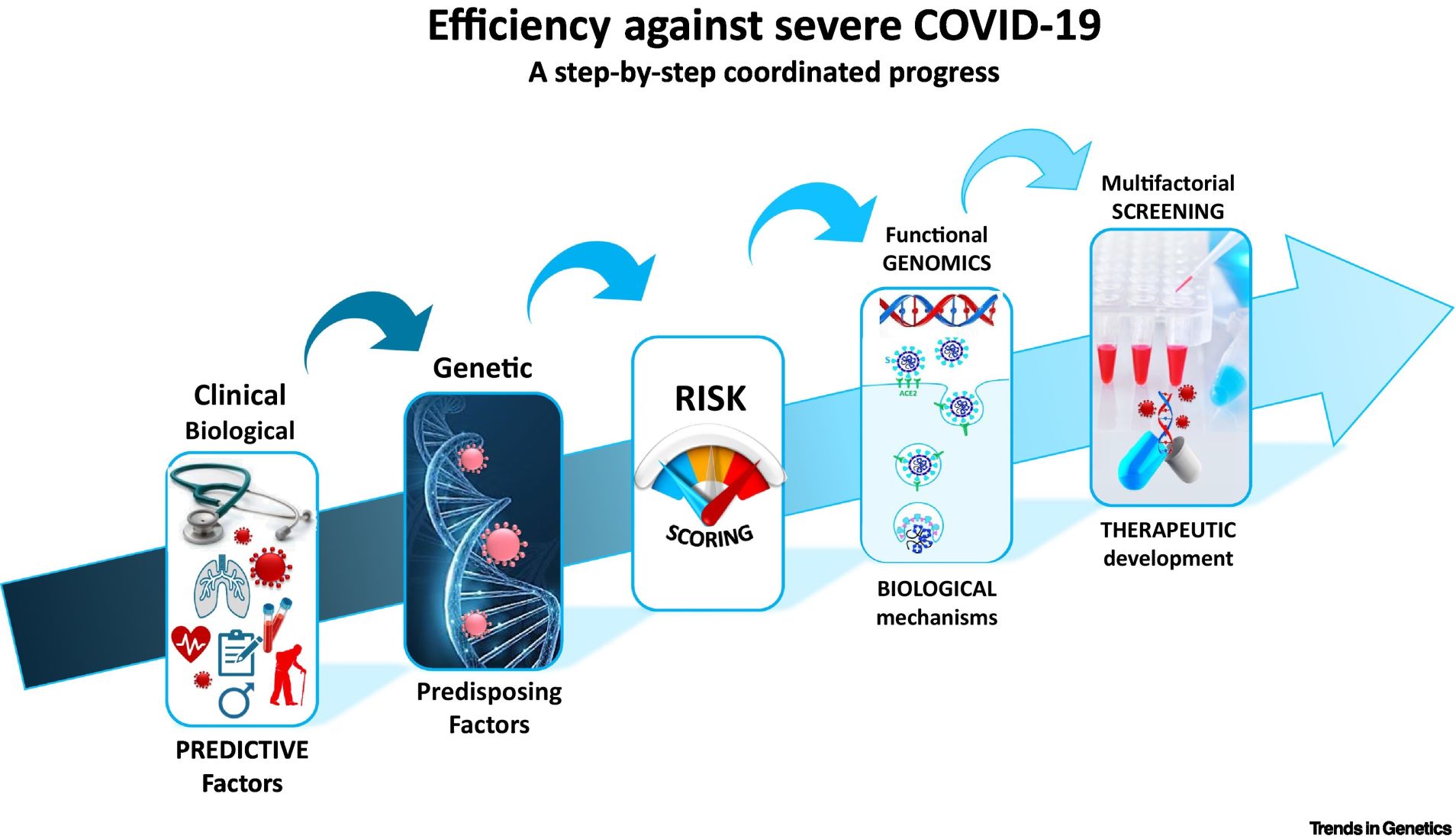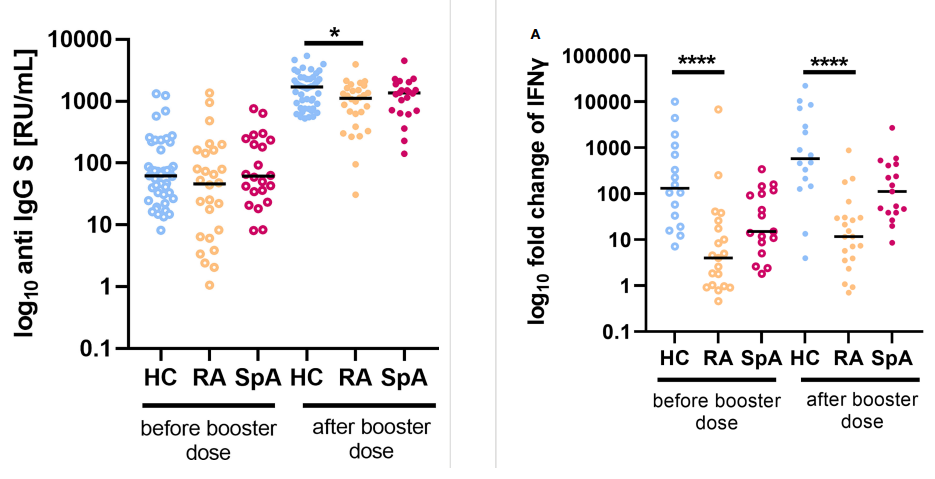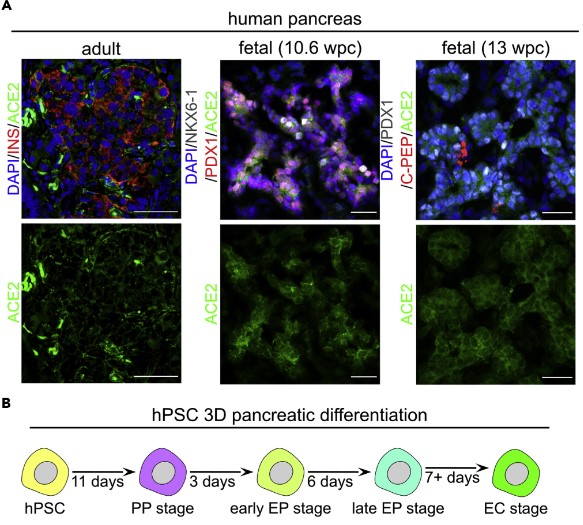
SARS-CoV-2 infection and persistence in the human body and brain at autopsy
The research by American scientists has shown that SARS-CoV-2 can be detected in the brain of people with COVID-19 not only at the beginning of infection but also up to 230 days after the diagnosis.

In Vitro Efficacy of Antiviral Agents against Omicron Subvariant BA.4.6
An international team of scientists compared the effectiveness of different chemicals and monoclonal antibodies in naturalizing the Omicron BA.4.6 subvariant. Subvariant BA.4.6. is currently the second dominant Omicron subvariant after BA.5.

Host genetic variability and determinants of severe COVID-19
A review paper summarizing the latest genome-wide association (GWAS) and transcriptomic studies that identified two groups of candidates associated with severe COVID-19.

Humoral and cellular immunogenicity of COVID-19 booster dose vaccination in inflammatory arthritis patients
Can patients with rheumatic diseases respond differently to a booster dose of COVID-19 vaccines than healthy controls? Polish scientists investigated the humoral and cellular responses in patients with inflammatory rheumatic diseases

SARS-CoV-2 infects an in vitro model of the human developing pancreas through endocytosis
Recent studies have shown that SARS-CoV-2 can infect the adult human pancreas and cause irreversible damage. Polish scientists demonstrated the possible mechanism of entry and replication of the virus

Virological characteristics of the SARS-CoV-2 Omicron BA.2.75 variant
In May 2022, a new variant of Omicron BA.2.75 appeared in India. Japanese scientists by carrying out multilevel studies have shown that the new variant BA.2.75 is likely to be a more dangerous